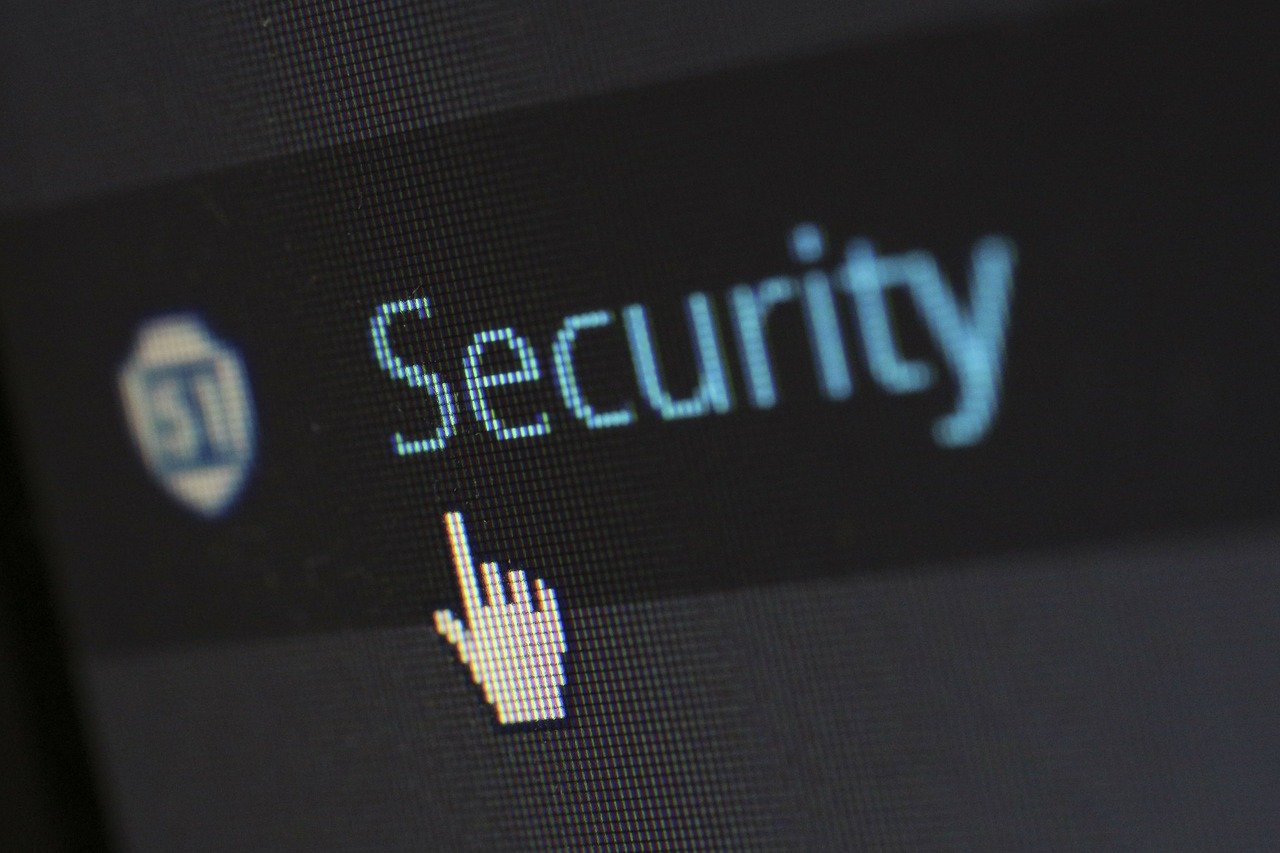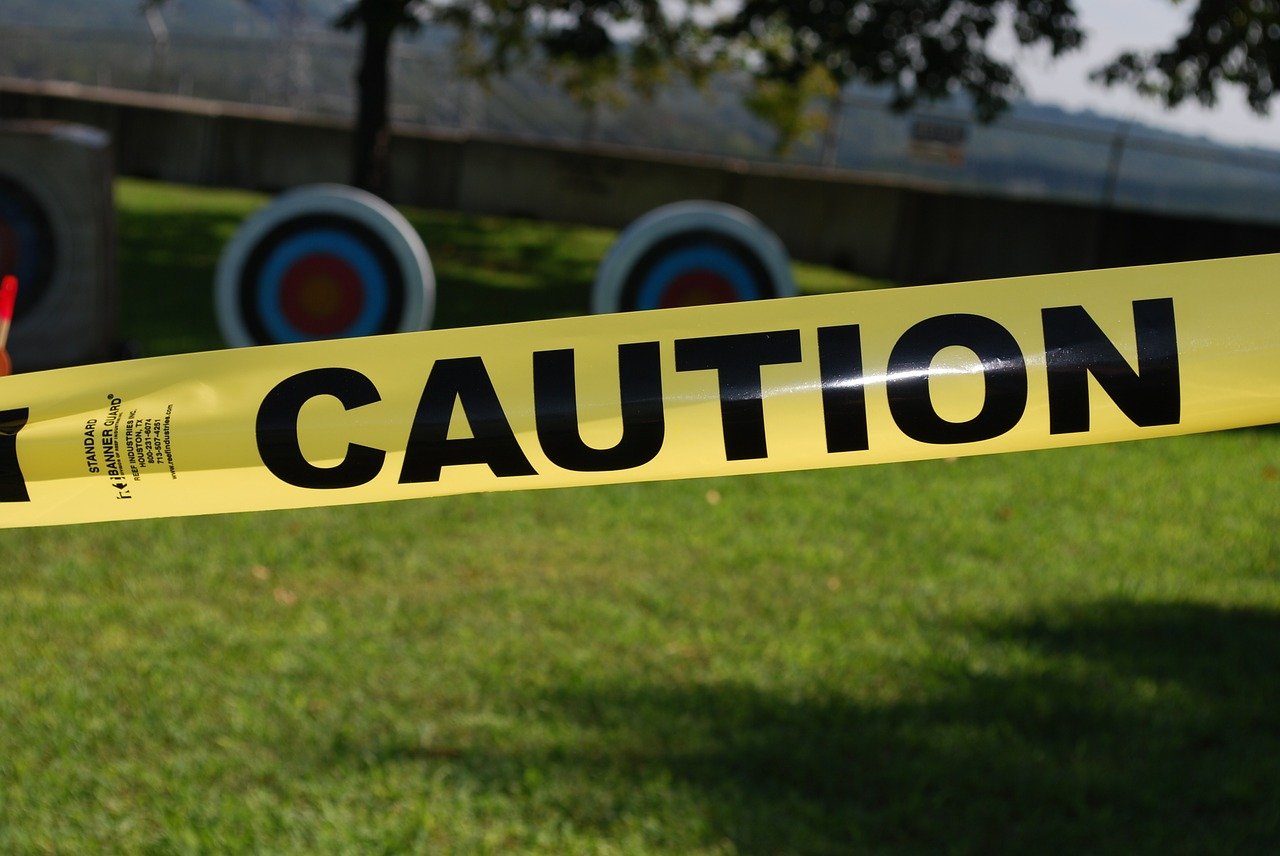Doxxing seems like a niche term, but it’s a prevalent issue that millions of netizens have faced. Do you remember the last time you read a political exposé or heard about a celebrity’s leaked picture? Both of those stand as good examples for doxxing.
Doxxers consolidate and reveal the personal information of their target, rendering them vulnerable to harassment and stalking.
Of course, a large portion of this data may already be freely available to the public, especially considering how much of our lives we put out on the internet. When scattered, this data is relatively harmless.
However, when someone compiles everything you’ve ever said or done online, they begin to paint a terrifyingly accurate personal portrait of you.
Also read: Should you also be taping your webcam?
Why is doxxing so dangerous?
The anonymity of the internet is comforting. However, many online influencers, content makers, YouTubers, video gamers, and social media celebrities prefer to guard their personal details closely. Sometimes, they don’t reveal even their names to the audience.
These people, who are prominent in the public eye, are usually the targets for doxxing. Doxxers can leak names, bank details, private pictures, or even their target addresses.
Swatting is a tangential practice wherein anonymous phone calls are made to the police or SWAT teams, issuing fake distress calls from the target’s address. The doxxer gets away scot-free, but the target is answerable to the law.

In December 2017, a 28-year old man was killed by a police officer responding to a report of murder and hostage. Finch, the victim, had gotten into a fight with a fellow gamer, Barris. Barris acquired his address from a third party and issued a fake report to the police, inadvertently causing the death of a man.
In 2013, following the Boston Bombing, Reddit users embarked on a vigilante mission to dox the bomber. Unfortunately, the man they accused was not the bomber but a victim of the attack. The grieving family had to endure angry mobs at their front door until the real suspect was found.
Victims of doxxing, especially women, find it difficult to recover from an attack. For example, a Reddit user whose racy pictures were leaked online was bombarded by inappropriate messages and solicitations from men she did not know. She was eventually diagnosed with PTSD and began to develop paranoia. She had a hard time even finding accommodation as nobody wanted to live with a victim of doxxing.
Should you be worried?
Not necessarily. Of course, anyone can fall prey to malicious doxxers. However, they usually go after people prominent on social media; people lose if their details were made public.
Regardless, it would be wise to delete your old posts that reveal sensitive information like your age, place of work, and controversial opinions.
Ensure that you share delicate details only with people you trust entirely, and make sure to leave no traces behind.
Not sharing any information completely invalidates the concept of social media, and sharing too much can be dangerous. Nevertheless, there’s a fine line we must strive to tread upon, and here are some ways in which we can do that.
Also read: Should you trust facial recognition technology? The ups and downs
How to protect yourself against doxxing?
There are multiple ways to protect yourself from getting doxxed. We’ve listed a few relevant ones below.

- VPN: Invest in Virtual Private Networks. VPNs act as secure tunnels for your data. The traffic from your device enters a VPN before acquiring identifying characteristics such as IP address and location. It even encrypts your data so that not even your internet service provider can figure out your IP address.
- Anti-Malware: Install anti-malware. Doxware is a type of malware that, once in your system, has full access to sensitive data. The doxxer encrypts your information and extorts you for cash or other services in exchange for the decryption pin. Though antimalware can sometimes slow your system down, it’s better to be safe than sorry.
- Social Logins: Use email accounts with prudence. Try to avoid logging into other websites with your Google or Facebook account. Any public information that you have shared on these platforms is instantly available to the third party.
- Logins and Passwords: In addition, don’t use your email to sign up for sketchy websites if it includes your name. Use different usernames and passwords for every website.
- Data Brokers: Make sure to remove yourself from data broker pages. These websites essentially act as Yellow Pages and gather all known information about you in one place, making the job easier for a potential attacker.
Self-doxxing is an effective way to protect yourself against threats, provided you have the time and patience. Several resources are available online if you want to learn how to self-dox and remove any personal information.
Also read: How to figure out if your smartphone is being tapped?






